Maintaining a healthy lifestyle can be challenging. Enter HealthifyMe, an innovative mobile app that's revolutionizing how we approach nutrition and fitness. By harnessing the power of artificial intelligence, HealthifyMe aims to make personalized health coaching accessible to millions.
Key takeaways:
• HealthifyMe uses AI to provide personalized nutrition and fitness advice
• The app features an AI nutritionist named Ria that can answer user queries
• Studies show AI-assisted coaching through apps can improve weight loss outcomes
• HealthifyMe has helped users collectively lose over 25 million pounds
How HealthifyMe works
At its core, HealthifyMe is a calorie counting and exercise tracking app. Users can log their meals and workouts, with the app providing nutritional information and calorie estimates. What sets HealthifyMe apart is its AI-powered virtual nutritionist, Ria[1].
Ria uses natural language processing to understand user queries and provide personalized responses about nutrition, fitness, and health. The AI assistant can create meal plans, offer recipe suggestions, and even provide emotional support to help users stay motivated.
HealthifyMe also offers paid plans that connect users with human nutritionists and fitness coaches. The AI and human experts work in tandem, with Ria handling routine queries while the human coaches provide more specialized guidance.
The science behind AI health coaching
While the idea of getting health advice from an AI may seem futuristic, research suggests it can be effective. A 2019 study published in JMIR mHealth and uHealth found that using a mobile app with AI-powered coaching led to greater weight loss compared to using the app alone[2].
The researchers concluded that "AI-powered conversational coaching may be an effective tool for promoting adherence to evidence-based weight loss recommendations."
HealthifyMe's own data supports this. According to the company, users who engage with Ria lose 1.5 times more weight than those who don't[3].
Personalization through data
One of HealthifyMe's strengths is its massive database of regional foods, particularly for Indian cuisine. This allows for more accurate calorie tracking compared to generic food databases.
The app also integrates with wearable devices and health trackers to gather more data about users' activity levels, sleep patterns, and other health metrics. All this information feeds into the AI, allowing for increasingly personalized recommendations over time.
Dr. Michelle Cardel, an obesity and nutrition scientist at the University of Florida, explains the importance of personalization in nutrition apps:
"Everyone's nutritional needs are different based on factors like age, sex, activity level, and health conditions. AI-powered apps that can account for these individual differences have the potential to provide much more effective guidance than one-size-fits-all approaches."
Challenges and limitations
While HealthifyMe and similar AI-powered health apps show promise, they're not without limitations. A 2021 review published in the Journal of Medical Internet Research highlighted several challenges facing health-focused AI chatbots, including:
• Difficulty handling complex or nuanced health queries
• Potential for providing inaccurate or harmful advice
• Privacy and data security concerns
• Lack of emotional intelligence compared to human coaches[4]
It's important for users to understand that while AI assistants like Ria can be helpful tools, they shouldn't be seen as replacements for professional medical advice.
The future of AI in health and nutrition
Despite these challenges, the potential for AI in health and nutrition is enormous. As machine learning algorithms improve and more health data becomes available, we can expect AI assistants to become increasingly sophisticated and helpful.
HealthifyMe is already exploring new frontiers, such as using computer vision to identify foods from photos and providing personalized supplement recommendations based on users' health data.
As we move forward, it will be crucial to strike a balance between leveraging the power of AI and maintaining human oversight to ensure the safety and effectiveness of these technologies.
Conclusion
HealthifyMe represents an exciting step forward in the use of AI for personal health management. By combining the scalability of AI with personalized data and human expertise, the app offers a promising approach to tackling global health challenges like obesity and chronic disease.
As with any health intervention, it's important to approach AI-powered apps like HealthifyMe with a balanced perspective. While they can be powerful tools for education and motivation, they should be used in conjunction with, not as a replacement for, professional medical advice.
Have you tried HealthifyMe or similar AI-powered health apps? We'd love to hear about your experiences in the comments below!
References:
- HealthifyMe. (n.d.). AI-Powered Nutrition & Fitness App. https://www.healthifyme.com/
- Stein, N., & Brooks, K. (2017). A Fully Automated Conversational Artificial Intelligence for Weight Loss: Longitudinal Observational Study Among Overweight and Obese Adults. JMIR Diabetes, 2(2), e28. https://diabetes.jmir.org/2017/2/e28/
- HealthifyMe. (2021). HealthifyMe Impact Report 2021. https://www.healthifyme.com/blog/healthifyme-impact-report-2021/
- Milne-Ives, M., de Cock, C., Lim, E., Shehadeh, M. H., de Pennington, N., Mole, G., Normando, E., & Meinert, E. (2020). The Effectiveness of Artificial Intelligence Conversational Agents in Health Care: Systematic Review. Journal of Medical Internet Research, 22(10), e20346. https://www.jmir.org/2020/10/e20346/
Citations:
[1] https://www.healthifyme.com/us/
[2] https://www.ncbi.nlm.nih.gov/pmc/articles/PMC9664324/
[3] https://www.ncbi.nlm.nih.gov/pmc/articles/PMC11243505/
[4] https://dietitiansondemand.com/the-intersection-of-ai-and-dietetics-a-new-paradigm-in-nutrition/
[5] https://www.annualreviews.org/content/journals/10.1146/annurev-publhealth-052020-103738
[6] https://en.wikipedia.org/wiki/HealthifyMe
[7] https://advertisingnews.com/mobile-health-app-slogans/
[8] https://openai.com/ja-JP/index/healthify/
[9] https://aiin.healthcare/topics/patient-care/overheard-week-6-notable-quotes-healthcare-ai
[10] https://www.exercise.com/grow/fitness-app-name-ideas/
[11] https://www.wordstream.com/popular-keywords/health-fitness-keywords


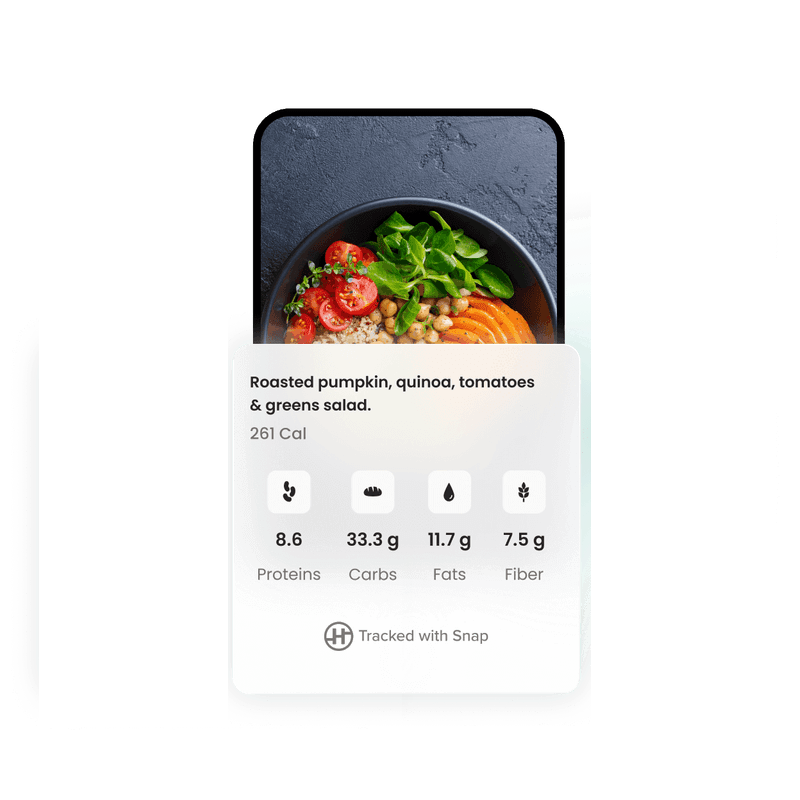
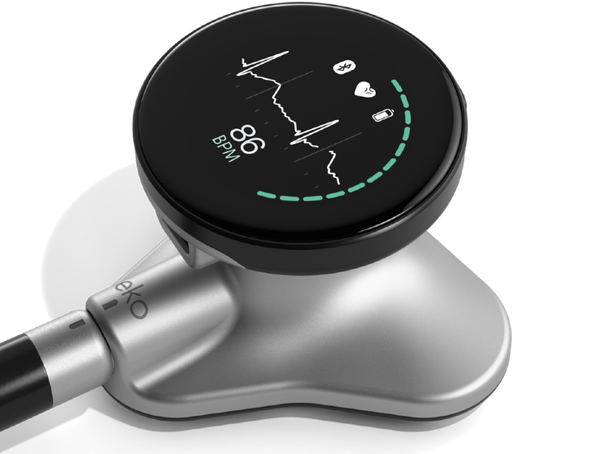

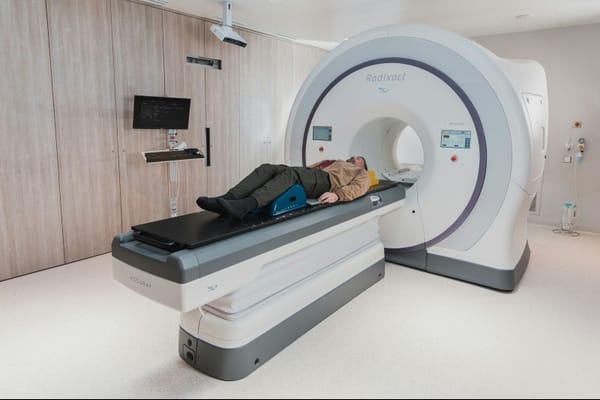





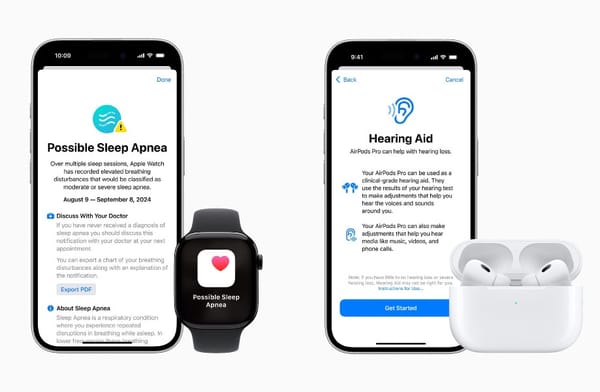

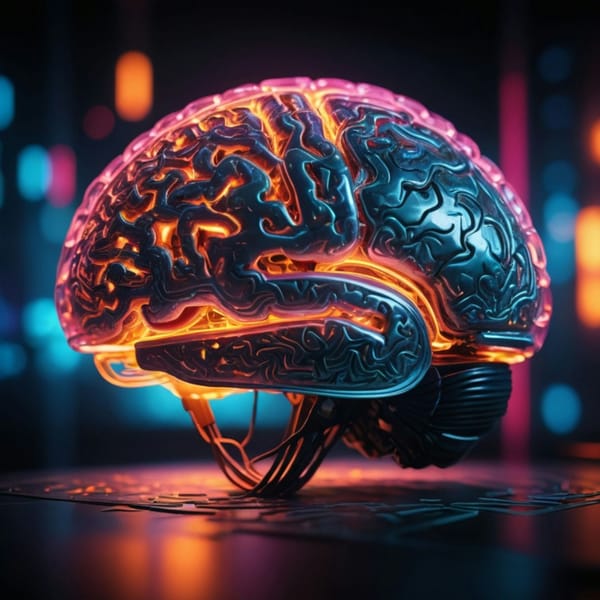
Member discussion